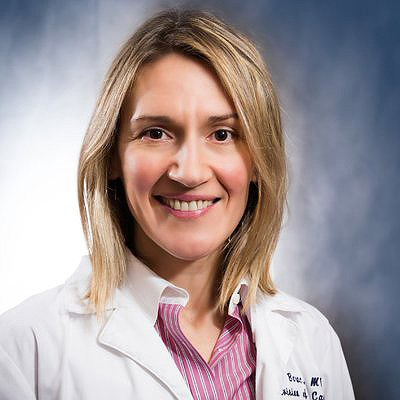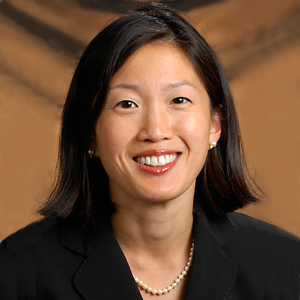Recap of ACC's Advancing Cardiovascular Care of the Oncology Patient Meeting
 Ana Barac, MD, PhD, FACC
Ana Barac, MD, PhD, FACC Bonnie Ky, MD, FACC
Bonnie Ky, MD, FACC
The ACC Cardio-Oncology Section recently hosted its second annual Advancing Cardiovascular Care of the Oncology Patient meeting in Washington, DC. Hosted by Ana Barac, MD, PhD, FACC, and Bonnie Ky, MD, FACC, this course offered a general overview of the field of cardio-oncology care, with specific focus on current research and practical implications for clinicians.
Since there are currently around 16 million cancer survivors in the U.S., all health care team members providing clinical cardiology care can expect to encounter patients who have specific needs and concerns related to their current or prior cancer treatments.
A topic woven into several presentations was the clear overlap between modifiable risk factors for cancer and cardiovascular disease: smoking, obesity and sedentary lifestyle. This topic clearly underscores the need to address primary and secondary prevention across disciplines as well as the importance of identifying patients who would benefit from lifestyle interventions such as exercise, which is known to be preventive for cardiovascular disease and many common cancers.
The meeting also consisted of an extensive discussion about existing and ongoing research, including a session on how to apply for procure research grants in the field. Discussions on the use of anthracyclines and anti-HER2 therapies gave an overview of the clinical implications for key cardio-oncology trials in breast cancer such as MANTICORE and PRADA. Other conversations emphasized the increased incidence of premature cardiac disease in adult survivors of childhood cancers, as seen in data from the Childhood Cancer Survivor study. While there are several guidelines currently available regarding cardiac testing and screening for common complications of cancer treatments, many speakers touched on the need for further studies in order to meet level of evidence standards.
Similar to the inaugural conference hosted in 2017, there were several presentations that underscored the importance of creating a team-based model for care of cardio-oncology patients. Out of almost 300 attendees this year, close to 15 percent were nurse practitioners, physician assistants, pharmacists and registered nurses. Communication, patient education and coordination of care are central to optimizing care of patients with concurrent cancer and cardiology diagnoses, an ideal area for CV Team members to become more involved.
This article was authored by Rachel M. Barish, NP, adult nurse practitioner from MedStar Georgetown University Hospital in Washington, DC.

